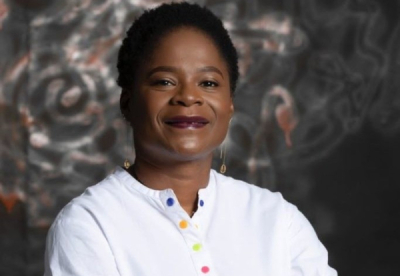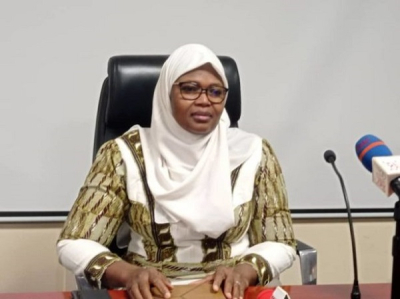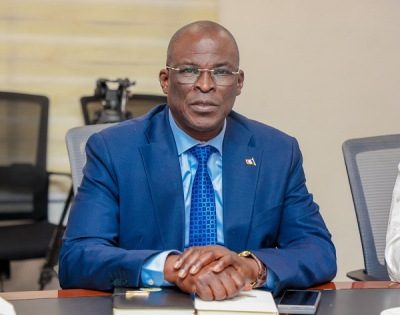In recent years, the Republic of the Congo has undertaken a significant digital transformation, characterized by substantial infrastructure development. To successfully navigate this transition, the country requires committed stakeholders to spearhead and support initiatives focused on modernizing the nation and fostering greater digital inclusion.
The government of Congo-Brazzaville carried out a cabinet reshuffle on Saturday, January 11. Some ministers retained their positions, including Léon Juste Ibombo, Minister of Posts, Telecommunications, and the Digital Economy. His reappointment underscores the government's commitment to continuing the momentum initiated in 2015 to leverage digital technology as a driver of economic and social transformation.
Major Achievements
Since his appointment, Léon Juste Ibombo has spearheaded ambitious initiatives aimed at modernizing digital infrastructure and enhancing technological inclusion. Under his leadership, several large-scale projects have been launched. The construction of the national backbone has improved internet connectivity across the country. The launch of the "Caria Tech Village," a technology park, has fostered innovation and attracted investments in the digital sector. The digitization of public services, notably through the introduction of a digital driver's license, has modernized administrative processes.
The Digital Transformation Acceleration Project, funded by the World Bank, has also improved internet access, including in rural areas. These accomplishments have also led to deploying fiber optics and introducing 4G and 5G technologies, making Congo the first country in the subregion to adopt such advanced connectivity.
Challenges and Strategic Priorities
Despite these advances, the country needs to consolidate its progress by undertaking several projects. One of the top priorities is developing a national artificial intelligence (AI) strategy that incorporates solutions tailored to local needs. The creation of an e-government portal, centralizing online administrative services, is another critical objective. Furthermore, improving AI research is essential to strengthen the country's scientific capabilities in strategic fields.
The minister is also working on establishing a dynamic startup ecosystem, with programs dedicated to young entrepreneurs in the tech sector. Initiatives to bridge the digital divide, such as providing internet access to schools and remote communities, are central to his agenda. These efforts reflect a strategic vision to position Congo as a key player in the digital economy in Central Africa. In 2024, Léon Juste Ibombo was featured in the annual ranking of the 50 most influential figures in African tech, compiled by We Are Tech Africa. This recognition highlights his pivotal role in the ongoing transformation of the sector.
By Samira Njoya,
Editing by Sèna D. B. de Sodji



















